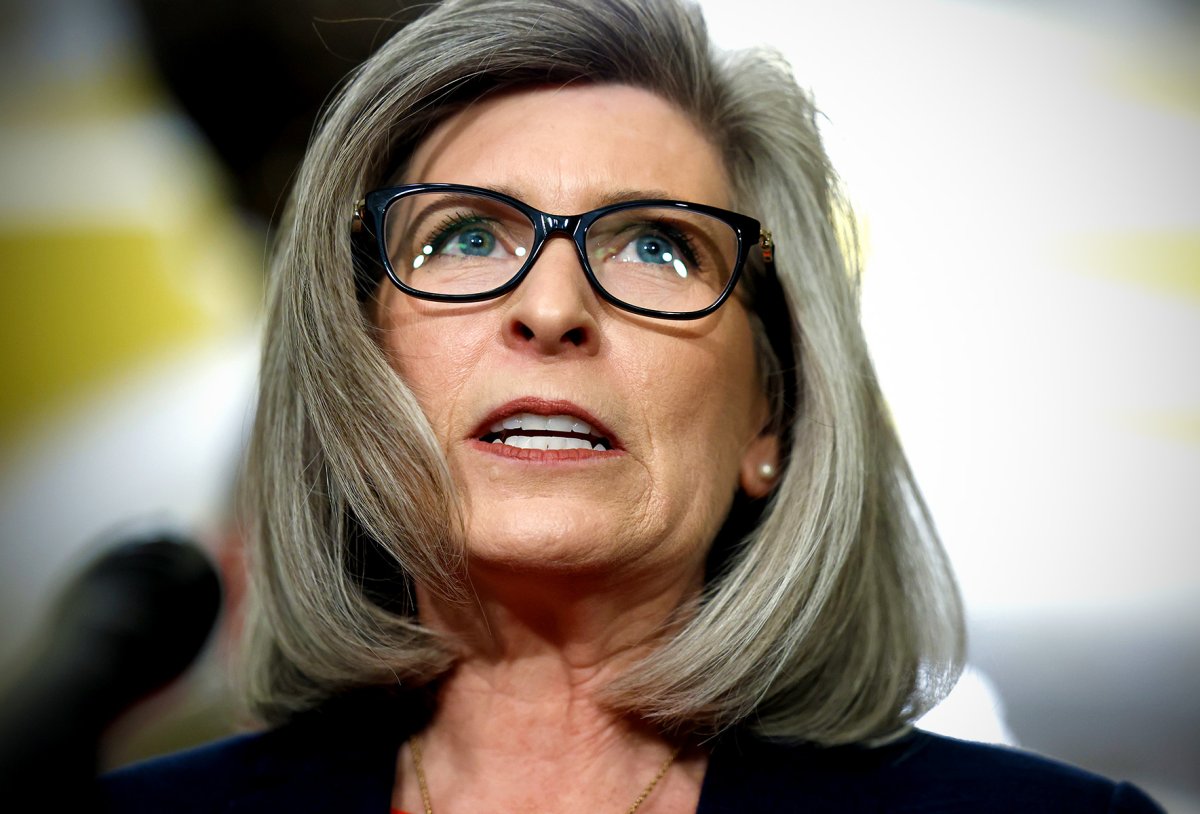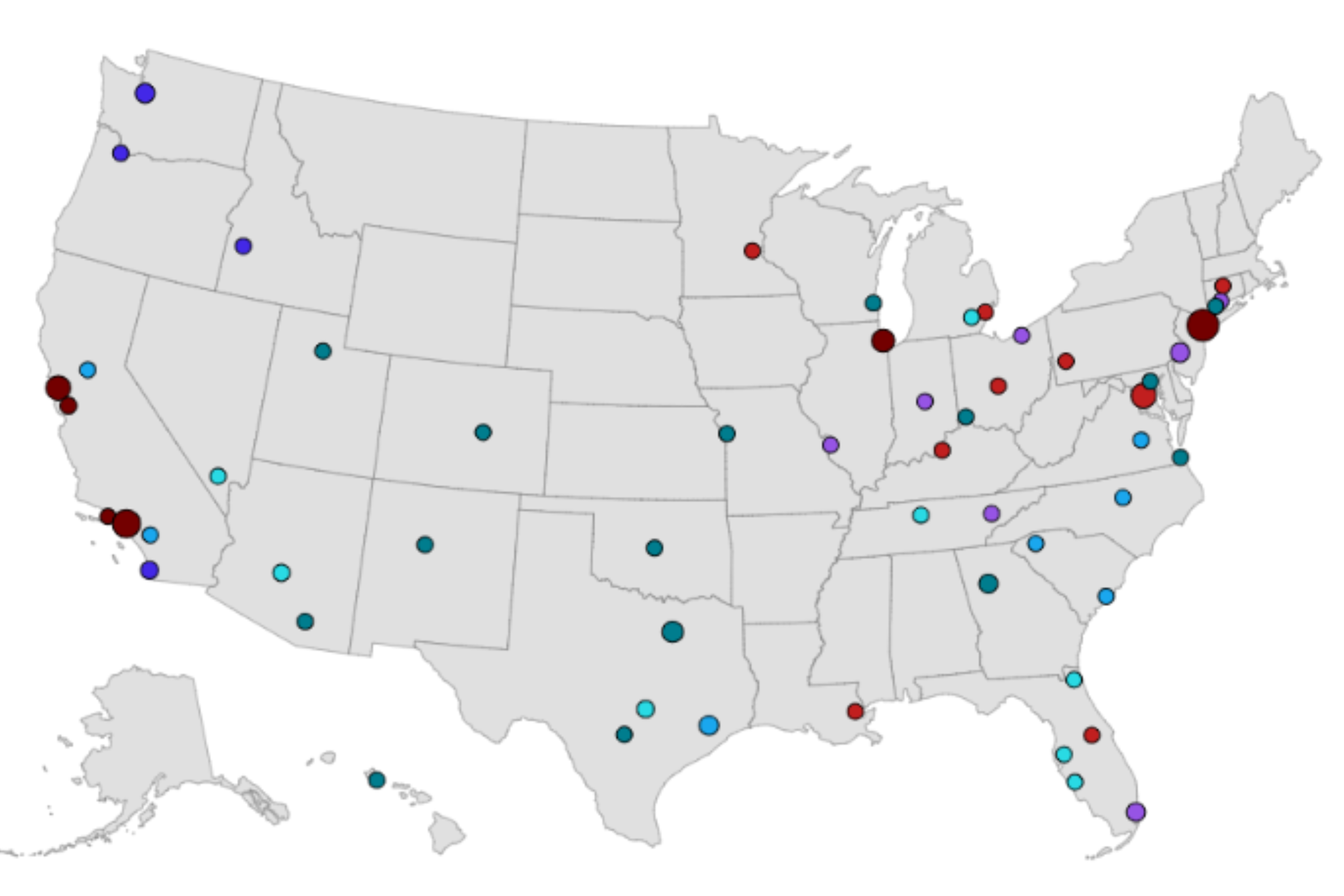Republican lawmakers and the pork industry are none too pleased with a U.S. Supreme Court decision on Thursday that upholds California's Proposition 12 ballot initiative, requiring pork sold in the state to be raised under strict guidelines among other ramifications.
The 5-4 decision was upheld by Justices Neil Gorsuch, Clarence Thomas, Sonia Sotomayor, Elena Kagan and Amy Coney Barrett. The majority reaffirmed a decision from the U.S. Court of Appeals for the Ninth Circuit, arguing that this was not a constitutional issue.
"Companies that choose to sell products in various states must normally comply with the laws of those various states," Gorsuch wrote in the opinion. "Assuredly, under this court's dormant Commerce Clause decisions, no state may use its laws to discriminate purposefully against out-of-state economic interests. But the pork producers do not suggest that California's law offends this principle.
"Instead, they invite us to fashion two new and more aggressive constitutional restrictions on the ability of states to regulate goods sold within their borders. We decline that invitation. While the constitution addresses many weighty issues, the type of pork chops California merchants may sell is not on that list."

Prop 12, passed by California voters in 2018, requires veal calves, breeding pigs and egg-laying hens to be housed in systems that comply with specific standards for freedom of movement, cage-free design, and a specified minimum of 24 feet of space. Sows must be able to turn around without touching their enclosures.
It also prohibits a farm owner or operator from knowingly confining these specific animals "in a cruel manner," in addition to disallowing them from knowingly engaging in the sale of shell eggs, liquid eggs, whole pork meat or whole veal meat from animals housed in such a manner.
Iowa is the nation’s top pork producer California comes nowhere close yet its proposed regulations put restrictions on how pork producers in all other states raise hogs. 2day SCOTUS upholds California’s radical regs its HOGWASH
— Chuck Grassley (@ChuckGrassley) May 11, 2023
"Iowa is the nation's top pork producer California comes nowhere close yet its proposed regulations put restrictions on how pork producers in all other states raise hogs," tweeted Republican Senator Chuck Grassley. "2day SCOTUS upholds California's radical regs its HOGWASH."
The Iowa senator added that the decision is "an attack on your breakfast."
Extremists in liberal states like California shouldn’t be allowed to BAN OUR BACON and punish hardworking Iowa pork producers with overreaching policies. Disappointed in SCOTUS decision on Prop 12. I’ll keep fighting for #Iowa farmers!
— Joni Ernst (@SenJoniErnst) May 11, 2023
"Extremists in liberal states like California shouldn't be allowed to BAN OUR BACON and punish hardworking Iowa pork producers with overreaching policies," Republican Senator Joni Ernst of Iowa tweeted. "Disappointed in SCOTUS decision on Prop 12. I'll keep fighting for #Iowa farmers!"
Spokespeople for Grassley and Ernst responded to inquiries from Newsweek by saying the senators' tweets were their only comments at this time.
Iowa Representative Randy Feenstra, a Republican, also tweeted that he was "disappointed."
"California liberals have no jurisdiction over how Iowa farmers raise our hogs," he wrote. "On top of Biden's radical #WOTUS rule & tax hikes on our producers, this decision is just another attack on rural America."
I’m disappointed that SCOTUS upheld California’s assault on Iowa hog farmers.
— Rep. Randy Feenstra (@RepFeenstra) May 11, 2023
California liberals have no jurisdiction over how Iowa farmers raise our hogs. On top of Biden’s radical #WOTUS rule & tax hikes on our producers, this decision is just another attack on rural America.
The National Pork Producers Council (NPCC), which filed the lawsuit that was decided as part of this case, said in a statement that "allowing state overreach will increase prices for consumers and drive small farms out of business, leading to more consolidation."
When reached out via email by Newsweek, an NPCC spokesperson said the council is still evaluating the full opinion and has no further comment.
"AFBF (American Farm Bureau Federation) is disappointed in the closely-divided Supreme Court ruling on California's Proposition 12," reads a statement by AFBF President Zippy Duvall shared with Newsweek. "At the heart of this argument is whether one state can set the rules for the entire country.
"The arbitrary standards take away flexibility to ensure hogs are raised in a safe environment. Prop 12 will cause further consolidation in agriculture nationwide and lead to higher pork prices at the grocery store for America's families. This law will ultimately harm consumers, farmers and animals."
'Things are changing'
Gene Baur, the president and co-founder of Farm Sanctuary, a nonprofit that promotes animal welfare laws and policies and has sanctuaries in California and New York, has been involved since the first such initiative in Florida in 2002.
Baur told Newsweek that he's "grateful" for the Supreme Court's decision following years of court cases and hard work by thousands of advocates, admitting he didn't know what to expect from the Supreme Court.
"The factory farming system has actually driven small farms out of business, and the factory farmers use these gestation crates and these other cruel methods," Baur said when asked about claims of this decision affecting consumer prices and small farmers.
"So, I think agribusiness needs to recognize that consumers are now starting to pay attention; that the practices that the industry has adopted are outside the bounds of acceptable conduct.
"And the industry needs to invest in changing the way it does things, instead of investing in trying to prevent basic humane reforms. Things are changing, things are evolving. And this is part of it."
Kitty Block, president and CEO of the U.S. Humane Society, said in a statement the ruling "made clear" the functions of state governments in their role to prevent animal cruelty and protect public health.
"We won't stop fighting until the pork industry ends its cruel, reckless practice of confining mother pigs in cages so small they can't even turn around," Block said. "It's astonishing that pork industry leaders would waste so much time and money on fighting this commonsense step to prevent products of relentless, unbearable animal suffering from being sold in California."
Giving pigs the smallest bit of extra space is the least the meat industry could do—pigs will still suffer greatly in dark, filthy, crowded sheds, & be violently killed in terror.
— PETA (@peta) May 11, 2023
Crate-free is not cruelty-free.
If you want to be humane, go vegan. #Prop12 pic.twitter.com/OTU8p0JZ4l
PETA also praised the decision while warning that these types of legal battles will surely continue.
"We stress that this ruling does nothing to solve the extreme cruelty inherent in today's factory farming and slaughter industry," PETA's statement read. "Feel-good labels like 'crate-free' and 'cage-free' are meaningless to the animals who are suffering through their whole lives, condemned to dark and crowded sheds, raised on concrete, and sent to slaughter without ever touching grass or experiencing a natural life."
Update 5/12/23, 10:22 a.m. ET: This story was updated to correct the spelling of Gene Baur's name.
Uncommon Knowledge
Newsweek is committed to challenging conventional wisdom and finding connections in the search for common ground.
Newsweek is committed to challenging conventional wisdom and finding connections in the search for common ground.
About the writer
Nick Mordowanec is a Newsweek reporter based in Michigan. His focus is reporting on Ukraine and Russia, along with social ... Read more
To read how Newsweek uses AI as a newsroom tool, Click here.








